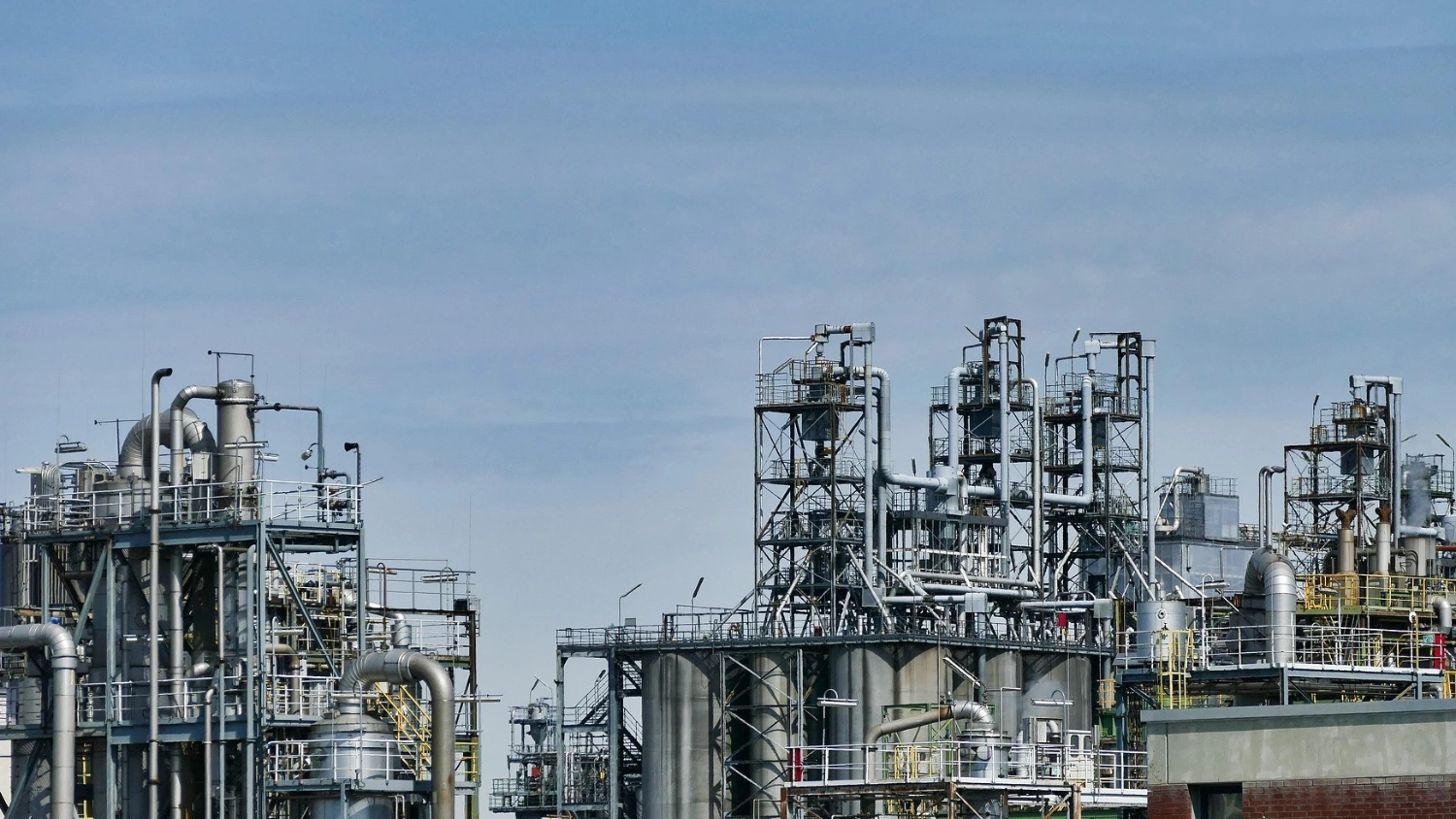Digital transformation is one of the key priorities for the EU and the digital decade initiative sets out the EU targets for this until 2030. The IT distribution landscape has undergone a digital transformation, with data becoming ever more important, particularly in gauging consumer behaviour and market trends.
The rise of digital platforms and the necessity to adapt to a more digital mindset in marketing activities is an essential development that has taken place in the recent past. Recently, digitalisation has undergone some major changes with a growing importance being placed on Generative AI, which has high potential and applicability across almost all industries. It is poised to add as much as $4.4 trillion in economic value.
Trends and challenges in the IT sector
The IT sector remains resilient in the face of many challenges this year, from economic uncertainty to geopolitical tensions and the impact of regulations, all of which has made business forecasting very difficult. The combination of inflation and recession in Europe and Africa has also adversely affected the demand for IT products, leading to an increase in inventory and price reductions. However, despite this, the latest Canalys forecast predicts that global PC shipments will return to 2019 levels this year, with 2024 shipments hitting 267 million units, which is 8% higher than in 2023. Similarly, Gartner is expecting an increase of 8% in IT spending worldwide, bringing it to $5.1 trillion.
Artificial intelligence (AI) continues to be a significant driver for IT investments, creating increased demand for IT infrastructure to support these new capabilities. Today, generative AI is everywhere as it helps to automate, accelerate and enhance work. It is seen as an easy way to generate good quality content. It is predicted that companies and governments worldwide will aim to maintain a high level of spending in the IT sector to drive progress on AI. Organisations are investing in AI and automation to improve operational efficiency and address IT talent gaps.
To achieve long-term success, channel partners are adopting the cloud in a strategic way – whether it is private, hybrid, or public. By integrating cloud capabilities into IT infrastructure modernisation, channel partners can create business and technical value for specific use cases. Cloud and edge computing allows for a distribution of workloads across different locations to enhance the speed of data processing, reduce the expenses of data transmission, comply with data governance rules, control data ownership, and protect data security. It is predicted that by 2027, over 70% of enterprises will make use of cloud capabilities to improve their business performance. A lot of the new spending seen in the IT sector is expected to come from spending on cloud services which is expected to grow 27% in Europe in 2024, according to a report by Gartner.
The IT sector is anticipating a crucial product refresh cycle in 2024. The pandemic-induced shift to remote work has led to a significant rise in demand for IT products, including laptops, monitors, and webcams. As a result, many companies have successfully adapted to the work-from-home challenge, leading to a more permanent remote working situation for some.
Now, four years after the initial purchase of these products, many of them will be obsolete and in need of replacement. This product refresh cycle is expected to drive growth and is seen as essential for the IT sector's continued success.
Sustainability in the IT industry
The industry is seeing a growing focus on environmental responsibility, with businesses recognising their sustainability impact. This has led to remarkable growth in “Green IT” practices, such as virtualization, cloud computing, and efficient power management solutions, which aim to minimize the environmental impact of IT operations. Consumers are also more sensitive to environmental considerations when making new purchases, which has led to higher demand for second-life products. Companies now are also reconsidering their product design, manufacturing processes, and even their choice of suppliers to reduce their environmental impact. Making data available has become crucial for sustainability, as it allows businesses to understand factors such as their usage of energy, water and other resources and thus to improve their performance.
In retrospect, despite the challenges of 2023, the IT distribution sector now stands at a crossroads of innovation and adaptation, poised for a promising future. The multifaceted decision-making in the IT Channel industry, encompassing environmental responsibility, technological innovation, market demands, and financial viability, reveals the intricate balance that defines the sector. As we step into 2024, the convergence of sustainability and data sovereignty emerges as a central theme, affirming the industry's commitment to environmental stewardship and compliance with regulatory frameworks. The IT sector, undeterred by past impediments, looks ahead with optimism, embodying resilience, innovation, and a steadfast dedication to shaping the digital landscape of tomorrow.
Eaton is a smart energy management company dedicated to improving the quality of life and protecting the environment for people everywhere. Founded in 1911, it has reported revenues of USD 19.8 billion in 2021 and has customers in 170 countries.











